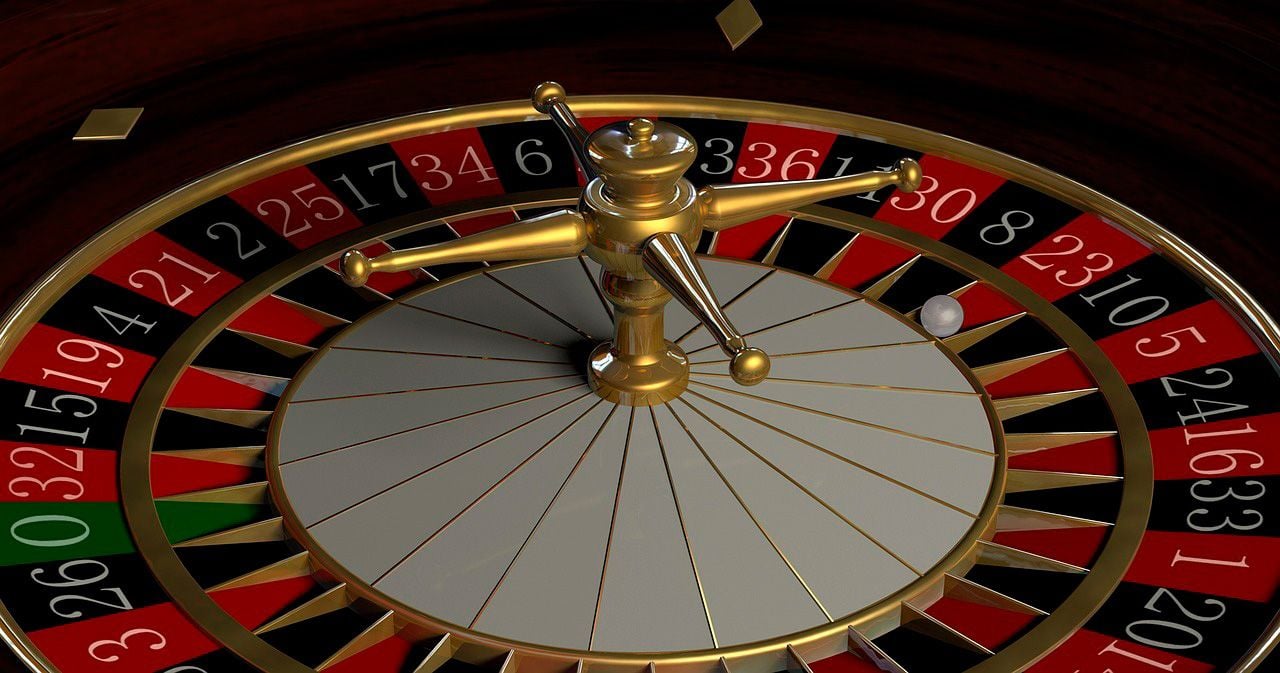
When we think of casino games, the first images that frequently cross our minds are those of rotating wheel wheels, card chips clattering on fabric tables, and cubes flying across a gaming surface. While numerous view these activities as simple hobbies fueled by chance, a more profound exploration reveals a captivating blend of tactics, expertise, and community interaction that raises them well beyond simple luck. Whether you are a seasoned player or a curious newcomer, grasping the subtleties of these activities can significantly enhance your enjoyment and understanding.
Casino games have developed over hundreds of years, with different cultures contributing to their diverse histories and variations. From the intricate tactics of 21 to the bluffing methods in poker, players engage in a contest of wits as much as a risk on odds. This dynamic interplay between luck and expertise creates a thrilling atmosphere that draws countless people to casinos worldwide. As we explore the realm of table activities, we will reveal the methods that can shift the odds in your advantage and the social aspects that make these games a popular choice for entertainment and engagement.
A Approach Behind Table Gaming
Casino games often involve a blend of skill and chance, which makes them intriguing for participants who like a test. Each title has its own set of rules and strategies that can influence the results. For example, in games like blackjack, participants are obliged to use tactics like counting cards and understanding the odds to make smart decisions. This expertise can greatly improve their victory potential, distinguishing experienced players from novices who may depend entirely on chance.
Conversely, titles such as the roulette may seem to be entirely based on luck, but tactical thinking can also come into the equation. Participants can select between various wagering tactics, such as the Martingale system, where they raise their bets after a loss. This approach can create a more controlled way to the activity. Grasping the odds of specific wagers can also assist participants make smarter decisions on the table, demonstrating that even titles of chance, strategy can enhance the enjoyment.
Additionally, poker stands out as a game that heavily focuses on strategy. Unlike most gaming games, poker merges ability, psychology, and chance. non GamStop slots Players must not only concentrate on the hands they are given but also take into account their rivals’ behavior and wagering patterns. Mastering principles like position, the odds of the pot, and interpreting bluffing is essential for winning. This depth of tactics in the game of poker often leads to a more immersive encounter for participants, as their choices and abilities greatly affect the game’s results.
Comprehending Probability and Ratios
In the domain of gambling games, likelihood and odds play a vital role in deciding a player’s possible results. Every match has its own collection of principles that define how the chance of succeeding or losing is calculated. For example, in matches like 21, players have a opportunity to influence their ratios through planning, whereas in matches like the wheel, the results are purely governed by chance. Grasping how these chances are calculated can greatly impact how a gambler approaches the game.
Odds are typically presented in two forms: ratio and decimal. Fractional ratios indicate the proportion of the amount won to the amount bet, whereas decimal odds show the total payout for a winning wager, including the initial bet. For instance, if a match has odds of 5 to 1, this means that for every one dollar staked, a player could win five units if they win. Learning how to understand these ratios enables players to assess their potential earnings and formulate more educated decisions during play.
Gamblers should also be conscious of the casino advantage, which is the casino’s inherent advantage over the gamblers. Each game has a distinct house edge, and comprehending this idea is important for controlling one’s expectations and bankroll. Games with a reduced advantage, such as blackjack and baccarat, typically offer better ratios for players compared to activities like slots and lottery. By recognizing the relationship between chance, ratios, and the house edge, gamblers can improve their gambling experience and plan more effectively.
The Aspect of Table Gaming
Table games at casinos are often seen as a hub of social interaction, bringing players together in a collective experience that goes far beyond the mere act of gambling. The atmosphere at a poker table can be vibrant, with gamblers engaging not only with the game itself but also with each other. Joy, cheers, and, occasionally, playful teasing create connections that enhance the overall enjoyment of the gaming experience. This communal aspect can turn a solitary endeavor into a lively social event, making casino games particularly appealing.
One of the fascinating elements of gaming at tables is the way it fosters camaraderie among players. Whether it’s teaming up to beat the dealer at a craps table or exchanging tales between hands in a card game, the environment encourages interaction. Participants often share advice or tactics, creating a sense of community that boosts the fun. This interpersonal atmosphere can make new players feel included and less daunted by the competitive nature of gaming. As the game progresses, friendships may form, leading to a sense of belonging that keeps participants coming back to the table.
Moreover, the social aspect of table gaming extends outside just the participants. Casino staff play a crucial role in encouraging interaction and maintaining the flow of the game. Their ability to engage players with warm dialogue and their expertise in managing the table can create an welcoming atmosphere. This relationship between participants and staff adds another layer of enjoyment, where players feel bonded not only to one another but also to the staff. Such interactions are often what make the experience memorable, as participants leave with tales to tell and connections made, reinforcing the notion that table games are truly about more than just chance.
